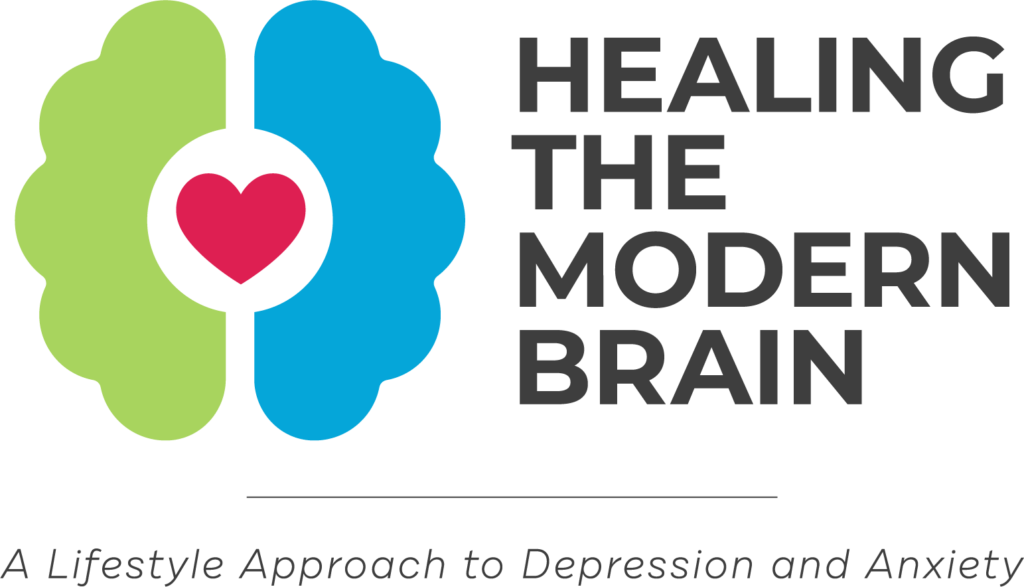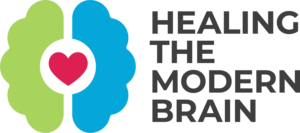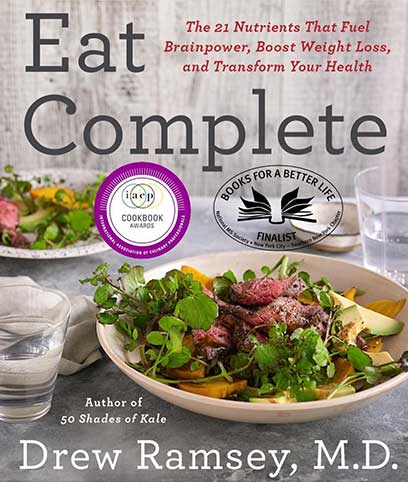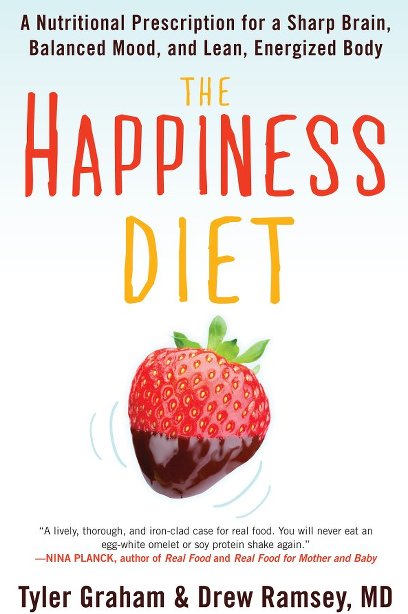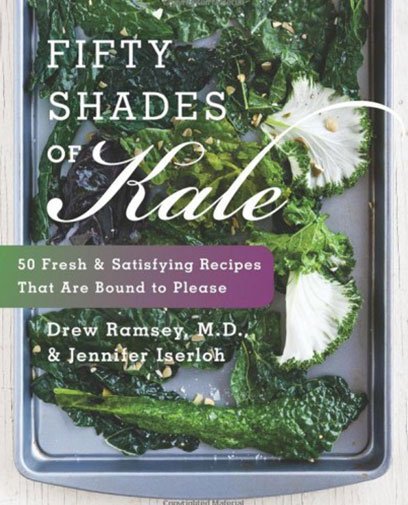Module 13: Essential Food Categories
To help your brain work its best, it’s most valuable to think broadly about your diet in terms of food categories and your overall dietary pattern.
Incredibly, more than 2 billion people across the globe suffer from some kind of micronutrient deficiency.
In general, eating for mental health favors a diet that is low in processed foods and high in fresh fruits and vegetables, seafood, nuts, olive oil, and some whole grains.
More traditional diets, for example the Mediterranean, have been shown time and time again in the research to reduce the risk of depression and anxiety. Let’s talk about some food categories.
Leafy green vegetables give you the biggest bang for your buck in terms of “nutrient density” and contain essential brain nutrients like magnesium, folate, and vitamin C.
Rainbow fruits and vegetables are rich in fiber and phytonutrients like flavonoids and carotenoids.
Seafood is a top food category for brain health as the most concentrated source of the long chain fatty acids DHA and EPA, as well as ample B12, and a complete protein.
Nuts & Seeds are a great source of healthy monounsaturated fats, plant-based protein, fiber and are rich in zinc, iron and other essential nutrients.
Meat can be a great source of protein, and nutrients like B12 and heme-iron that are only found in animal products. If you choose to eat meat, it’s important to source meat from local sustainable sources that favor regenerative agriculture.
Eggs are an incredibly nutrient dense food. One egg has only 70 calories but is rich in choline, B12 and other nutrients.
Fermented foods help nourish your microbiome because they are dense sources of healthy live bacteria.
Dark chocolate is excellent for your brain and was shown to reduce risk of depression by 70% in a recent study. Look for chocolate that is 80 percent cacao.
Nutritional Psychiatry focuses on eating joyfully. How you integrate these food categories is entirely up to you. Pick foods that appeal most to you and eat them in a way that aligns with your tastes and values. Most importantly, eat to feed your mental health.
